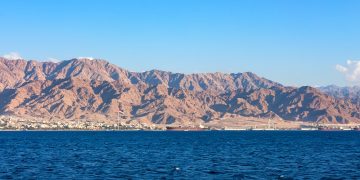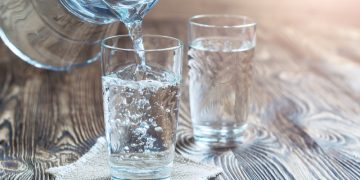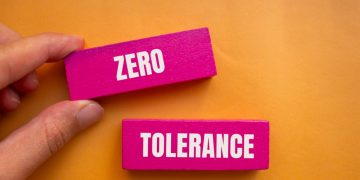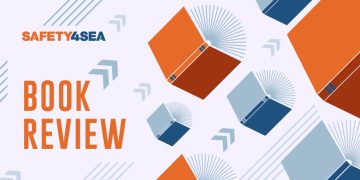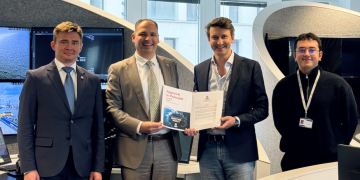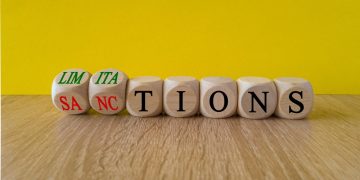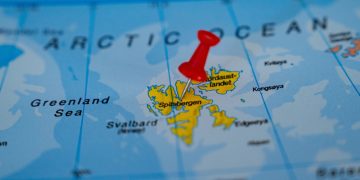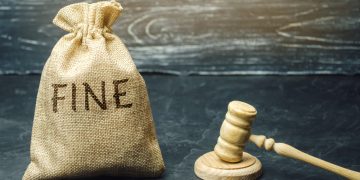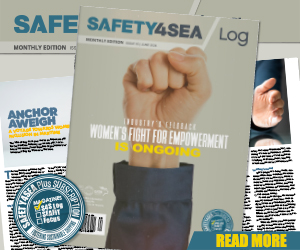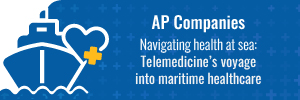Study says natural factors behind West Coast warming
When scientists on a boat in the Gulf of Alaska pulled their net in August, they saw something stunning: a live ocean sunfish. Mostly found in the tropics or temperate waters, these giant 6-foot-long snub-bodied creatures are incredibly rare in Alaska. And that was just the start. Four days later, one of the same researchers saw a warm-water blue shark circling near another sunfish. Days after that, the boat hauled up yet another living sunfish. "No one had ever talked about seeing one alive," said Wyatt Fournier, research fish biologist with the National Oceanic and Atmospheric Administration. "Not only did we get two aboard in one week, but my commercial fishing buddies started telling me they were bumping into them when fishing for salmon." The waters of the Pacific Ocean have been so unusually warm this year that fishermen and researchers from Alaska to California have spied a host of bizarre visitors, from thresher sharks that rarely make it north of Vancouver, B.C., to the northernmost recorded sighting of a skipjack tuna. Portions of the North Pacific haven't seen sea temperatures this high in at least a century of record-keeping. In some areas, waters are more than 5 degrees Fahrenheit above ...
Read more








